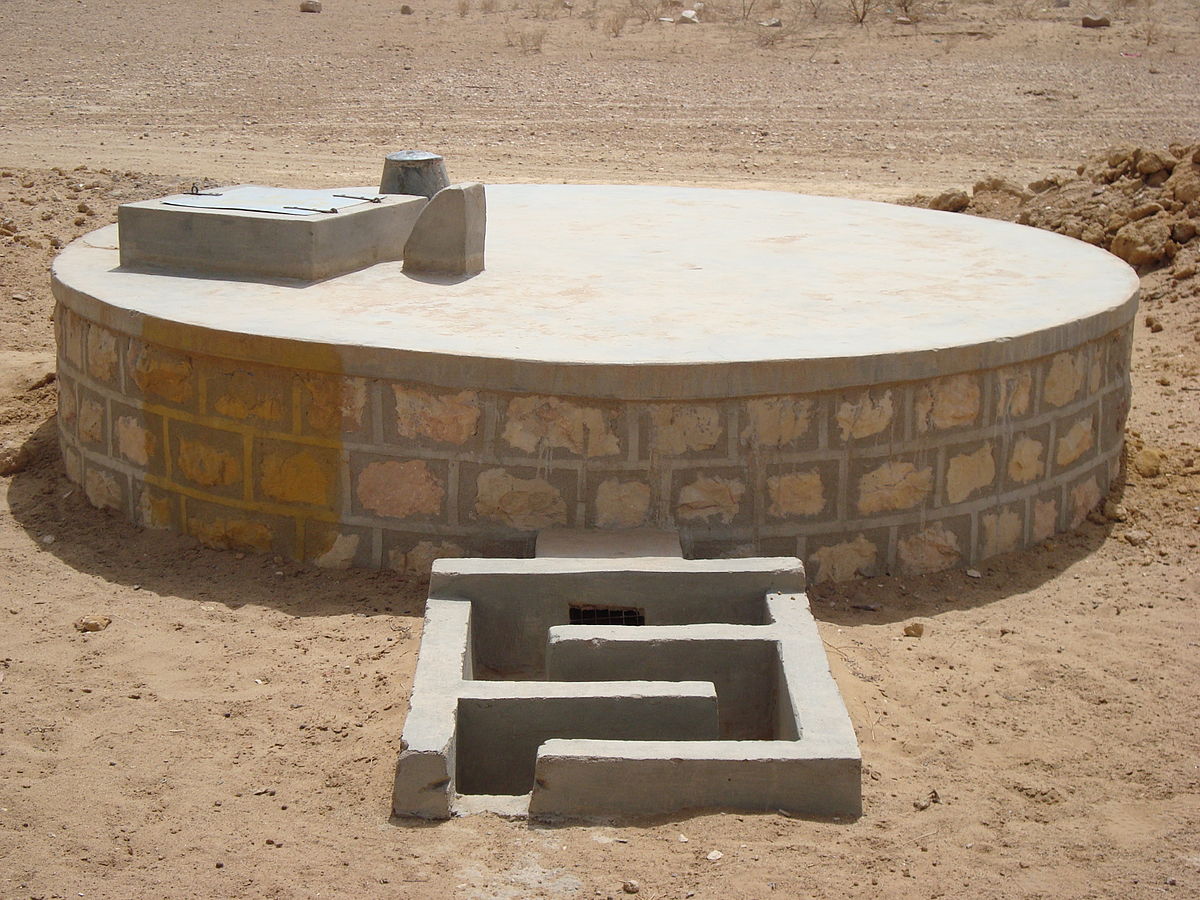
This Photo by Unknown Author is licensed under CC BY-SA
In sharing the ancient practices used to harvest rain in India’s Golden Desert, and the ‘unwritten bylaws’ that have protected this supply for centuries, Anupam Mishram reminds us that violent conflict is not inevitable in the face of resource scarcity—humans can and have responded with collaborative ingenuity. Similarly, Gidon Bromberg of Eco Peace Middle East suggests that protecting the planet can be a platform for transboundary cooperation and peacebuilding. Together, their examples hint the same might just be possible globally. I wonder if foreign investment, despite its sketchy past, could contribute.
Foreign investors are often called landgrabbers, with good reason: Most tout the local economic benefits of their investments, but promised jobs and infrastructure rarely materialize. An ‘elite few’ benefit while farmers in already food-insecure countries are dispossessed. At the same time, the deals have thus far failed to deliver for investors; obstacles include cost of infrastructure and lack of knowledge of local climate and farming requirements, as well as local protests that threaten political stability (Brown, 2012, chapter 10 and Carolan, 2011, chapter 3). Surely, supporting local farmers offers a solution, a way to marry foreign resources with local expertise for mutual, equitable benefit.
Carolan notes that the FAO has begun to push for joint ventures with local farmers (2011, p. 47), though results are unclear. Building such agreements is no doubt politically and economically complex. That said, if food security is a shared goal—among governments, corporations, NGOs, international aid institutions, farmers, and citizens—there must be opportunity for public-private partnerships that lead not only to shared harvests but, thinking boldly, investment in sustainable agriculture. It could have enormous impact, for example, if foreign investments were channeled into supporting soil restoration, including conversion to perennial crops, or carbon sequestration at scale. (Cost to farmers, scientists say, constrains the latter). If foreign entities sidestep the cost of mechanized agriculture, and instead support local communities practicing organic, no-till farming, I have to believe the long-term ecological benefits would contribute to food security for all. What obstacles have prevented this so far? Answering this may help clarify what it will take to instill the spirit of the Golden Desert into foreign investment.

You have an interesting proposition, and not to be the devils advocate, but, what is in it for the foreign investors? It seems to me there is not enough economic incentive. Nation like Saudi Arabia go in and “landgrab” in countries with hopes of supplying food for themselves at low costs (and food security), otherwise why not just buy from the international market? Although they may be claim to be doing good for the local communities, that doesn’t seem to be happening. I feel like the ancient practices of rain harvesting and the upkeep of canals for hundreds of years was possible mainly because those working together were directly impacted by the practice. They worked together because if they didn’t, nobody would have water.
Ultimately, I do think there could be a system worked out where foreign investors equipped farmers and then buy their surpluses, but I’m not sure they would be willing to create permacultures or sustainable practices, but rather whatever yields the highest profits. In a perfect world this sort of system would be working well, but now, the driving factor behind everything is money.
Yours is a great point, Evelyn. And I do know it’s very hard to think about foreign investors being willing to do anything that’s not 100% focused on getting as much food as cheaply as possible. But I was intrigued by the fact that per both Brown and Carolan, these deals have not delivered the return the investors were hoping for. Which makes me wonder–is there ground to take a more collaborative approach with locals (who have expertise in how to grow on the land they’ve inhabited but no capital) with investors who have capital but no land or expertise? If they could work together to experiment with restorative land stewardship, perhaps there’s a way forward that serves both parties?
To your point, it’s hard to imagine that something like this could scale quickly enough and provide the type of return the investors are hoping for. But perhaps given the disappointing track record of past deals and the FAO’s involvement (informed by La Via Campesina), maybe there’s a sliver of hope for an enlightened partnership?